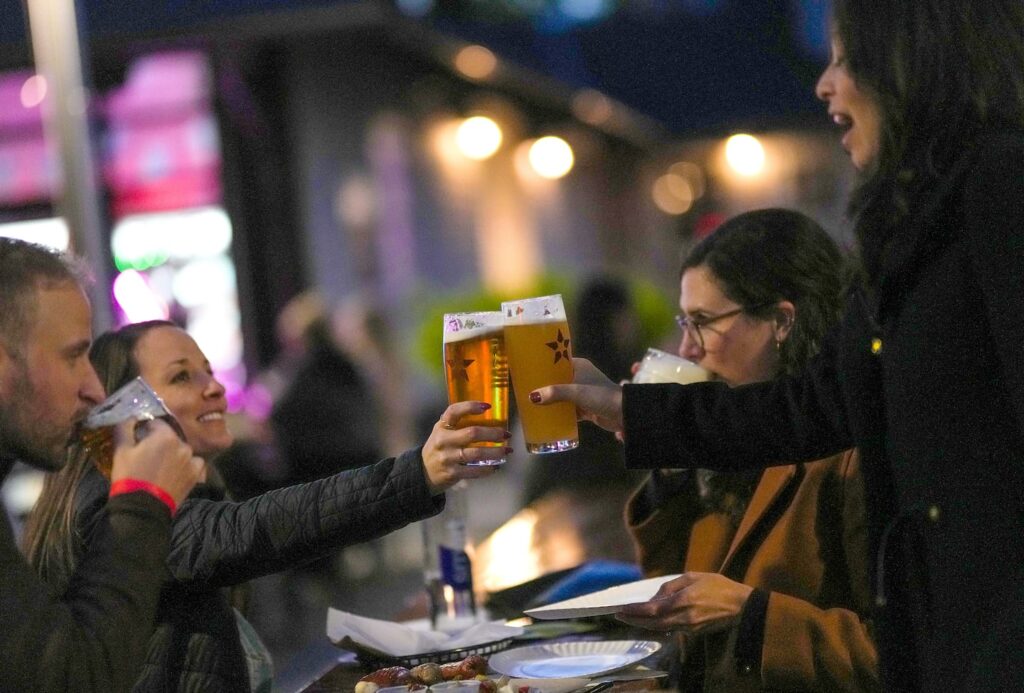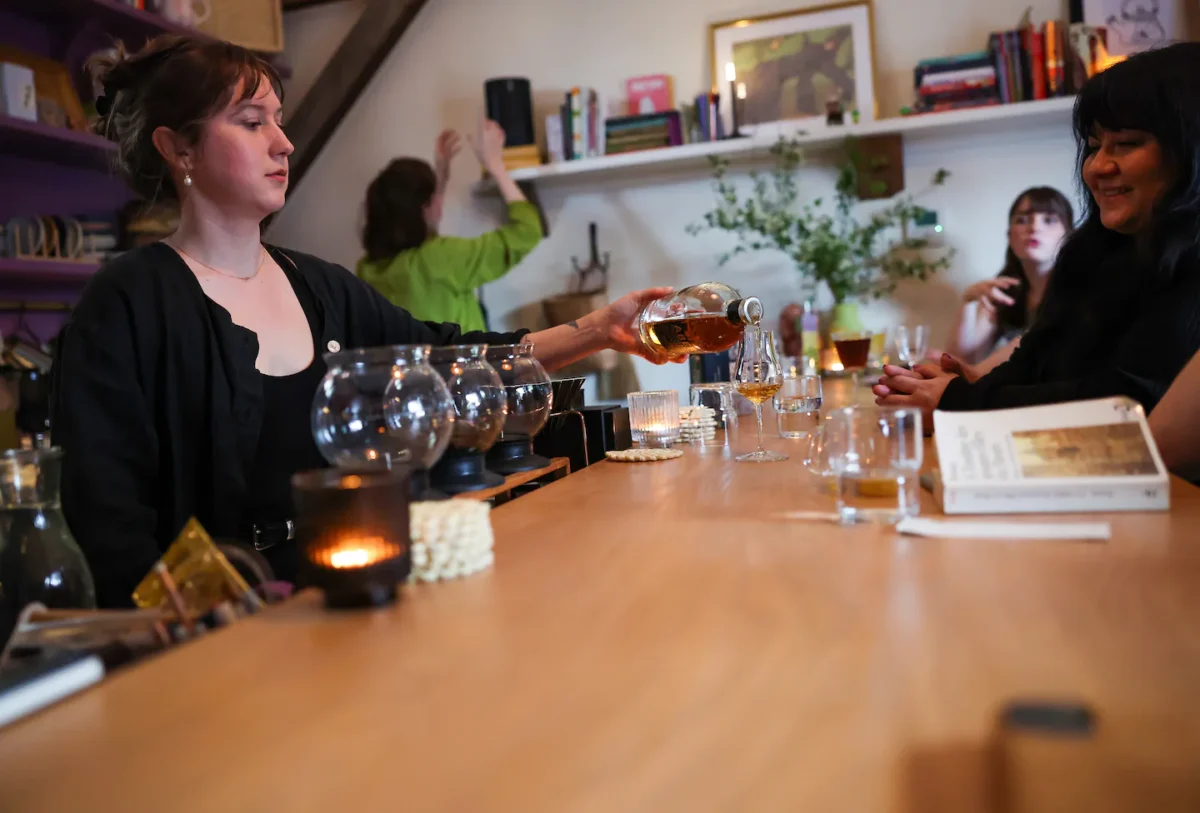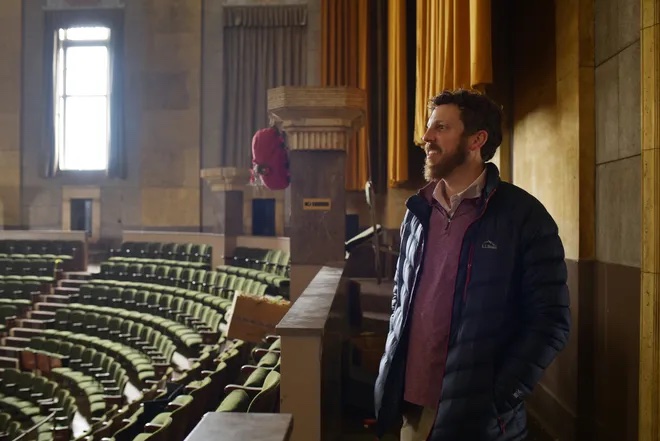The Speedway’s Shared Liquor License Solution
There’s no question that the city of Boston has a liquor license problem. The strict cap on licenses available means that they have become extremely expensive and increasingly difficult to procure, making it really hard for small businesses to get one. With just about 1200 licenses, each one has a value of about $600,000 – a price tag that makes it nearly impossible for a creative young business owner looking to open their first location.

Shirley Leung writes about this very issue in High & Dry, a Boston Globe series of articles about Boston’s complicated liquor license system. The article puts the spotlight on the developers, landlords, and restaurateurs who are looking for creative solutions within the system to make space for small businesses to succeed.
She writes:
At the Speedway in Brighton — an old horse stable turned nightlife hot spot — there’s something for everyone.
Like Koji Club, a 16-seat sake bar that Esquire has called one of the best places in America to grab a drink, or Super Bien, a grocery bar — imagine a hip bodega that serves empanadas and South American wines. There’s also Birds of Paradise from James Beard-nominated bar owner Ran Duan. Speedway comes to life in the evenings and the weekends, especially when the weather is warm and its outdoor courtyard swells with young people.
And for that, you can thank the Massachusetts Legislature.
Four years ago, when the Speedway was under construction, lawmakers created a special liquor license just for this project. It enabled the developer to get around the strict cap on how many establishments can serve booze in Boston by allowing the Speedway to share one license across its various tenants. That meant innovative entrepreneurs could open there without shelling out the six-figure price tag to buy a license of their own — a dream made real.
“Oh, I actually cried,” recalled Koji owner Alyssa DiPasquale. “What a relief.”
Anyone who has ever been to the Charles River Speedway knows that it is a special place. The historic buildings, which have been beautifully preserved, are now filled with restaurants, shops, a brewery, offices, event spaces and a one-chair hair salon. For those who saw the Speedway buildings before the work began, it is nothing short of a miracle. A project like this needed a ton of support – from the community, elected officials, DCR and more. AHF was very lucky to have the support and enthusiasm of Rep. Michael Moran, who fought for this project for decades.
AHF is so proud of what we have accomplished here at the Charles River Speedway. With the state provided liquor license, the Speedway has become home to several small businesses and first-time operators. The Koji Club, Super Bien, Pizza Project, Rite Tea & Espresso, Notch Brewing, Birds of Paradise, and Bellwether Salon are all in Allston-Brighton because of the creative solutions and advocacy of so many.
As Leung writes in her article:
For Speedway tenants, having a special license has been life changing. Without it, for example, Ren Wheeler, who owns Rite Tea & Espresso Bar, would have looked to open on the North Shore. She now operates a cafe that turns into a Scottish whisky bar on Friday nights.
“It’s really exciting,” she said. “It is really like a dream come true.”



